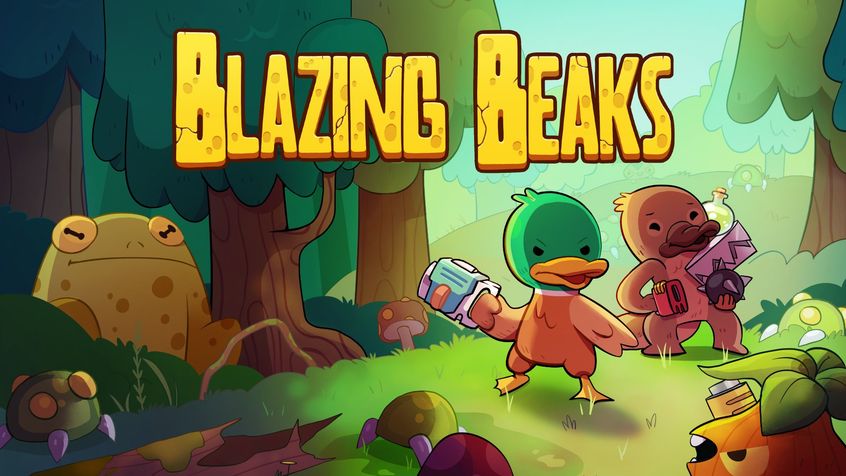Blazing Beaks
Blazing Beaks leaves me with a lot of questions. Questions like “What’s with this swamp?” “Is there anything outside this swamp?” “Why is this duck so angry?” Blazing Beaks answers none of these questions, but does answer a question I didn’t ask, but probably should have - “How many times can I die on the same three levels before losing all hope in my existence?”
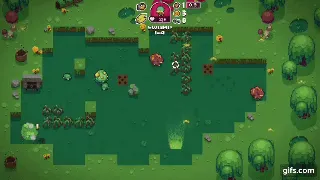 The answer is 50.
The answer is 50.
Blazing Beaks is a shooter, adventure roguelite. You play as a duck, shooting its way through a swamp full of mutated, exploding creatures, getting increased power-ups as you swap artefacts for money, guns, and goodies. The concept is straightforward, even if the actual gameplay is not. For me on a touchpad, where I frequently have the choice between either using the keyboard or the touchpad, the controls are nigh-on impossible, but I recognise that’s a self-imposed challenge, and not the game’s fault. Even still, the game has a very clear and steep difficulty curve that can be daunting for new players. That a player can accidentally stumble on a boss battle increases that difficulty, as does the lack of introduction to what the various metres and icons mean. As an example, it’s only while typing this and having the above gif playing over and over that I realise I had a metre that tracks my ammunition and reload timer.
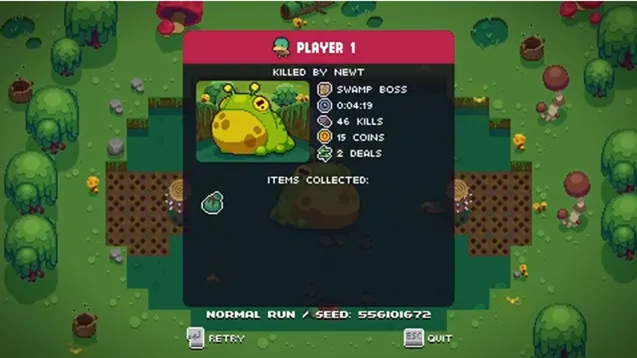 I neither expected nor desired this boss battle.
I neither expected nor desired this boss battle.
This game is a roguelite, so it’s inherent in the description that there would be a lot of death, and that some of it would be arbitrary. With Blazing Beaks, you can see in the above screenshots that my average run time was a little more than a minute. While I understand that death is inherent to the nature of a roguelite, that quick a death and that short a run makes it difficult to make any real progress in the game. For my part, I kept feeling optimistic about the progress I’d made, only to see myself have to start all over again a moment later.
This got me thinking about roguelites more generally and about what makes a roguelite successful. To do that, I couldn’t help but compare Blazing Beaks to Hades.
Hades and Blazing Beaks have a similar playstyle. Both involve trawling through levels blocked by a boss. Both involve making it through level after level without dying. Both involve investing in a build and optimising for a particular run. However, Hades is a lot more compelling in that model than Blazing Beaks.
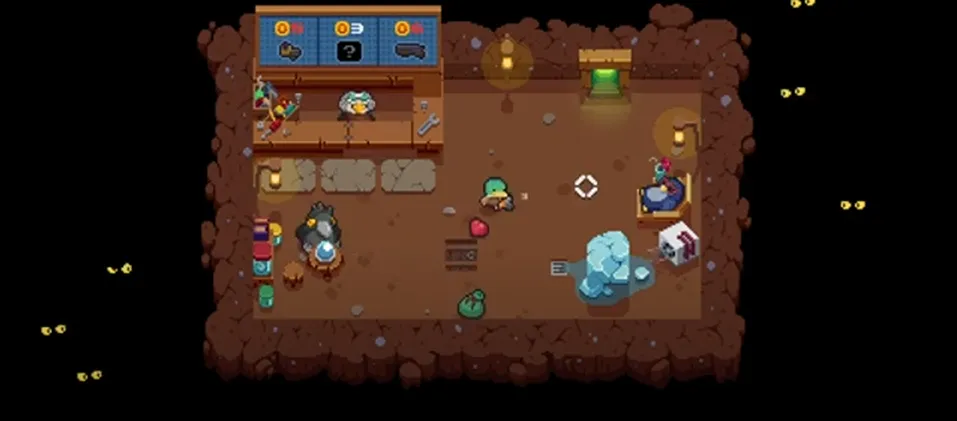 The shop where you can get items for your duck
The shop where you can get items for your duck
Death is as much an expected part of Hades as it is in Blazing Beaks. However, a key difference is what death represents and how it manifests. In Hades, each death returns you to your starting base, where you can chat with people, cash in long-term rewards, and see the plot move incrementally forward. Completion of the game, while contingent on making it through the dungeon, isn’t solely contingent on that. Even if a player dies on Megara time and time again, there is still something to do before jumping back into the fray, some sense of progress to be made. Even if you see the same dungeon levels over and over, the base changes, and you are able to have an impact on it.
In Blazing Beaks, death’s only reward is to go back to the very beginning and start again from nothing. There is no sense of progress, nothing to work for between runs. There is only the run, and if it fails, there’s nothing to show for the time spent on it. This would be tedious on its own, but when combined with the high difficulty, this lack of progress means that each of the individual runs feels meaningless, and my time spent on them even less so. I’d have accomplished as much by not playing as I did by playing.
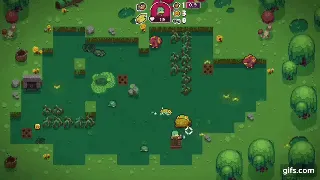 As if I’d never even lived that life
As if I’d never even lived that life
There are also roguelites that don’t have this return-to-base or ongoing progress that are also highly successful. One of my favourite games (and one we will see much later in this series) is Renowned Explorers, a roguelite that has the player investing in a team of explorers. There, however, there is significant time invested in each playthrough. My average playthrough with Renowned Explorers is 2-3 hours per death, as opposed to Blazing Beak’s minute. With that game, the investment in each life is so substantial that when I lose, it feels more like the end of a story than an actual death. I built something, it didn’t work, and crucially, when I return to the game in my next life, I won’t be doing the same thing again. My explorers can change, my path can change, and what I find along the way will change. I don’t see the same thing over and over again.
To be clear, Hades is a paragon of its genre, and Renowned Explorers is setting out to tell a very different story. I don’t expect every roguelite to follow the examples of those I like, and indeed, I’d be disappointed if they all played the same. Much of the fun of this series is seeing the same ideas play out in new and interesting ways. However, there is room for Blazing Beaks to explore how it approaches the concept more. With no sense of progress, and rounds too short to feel truly invested, I got very frustrated and lost interest in the game. It may be that the live-fast-die-young mentality is great for certain players, but I, unfortunately, am not one.
Developer: Applava
Genre: Roguelite, Shooter, Adventure
Year: 2017
Country: Lithuania
Language: English
Play Time: 12 Hours
